Oracle of Consciousness
Chapter Four
Cause No Harm to Others

I love this!
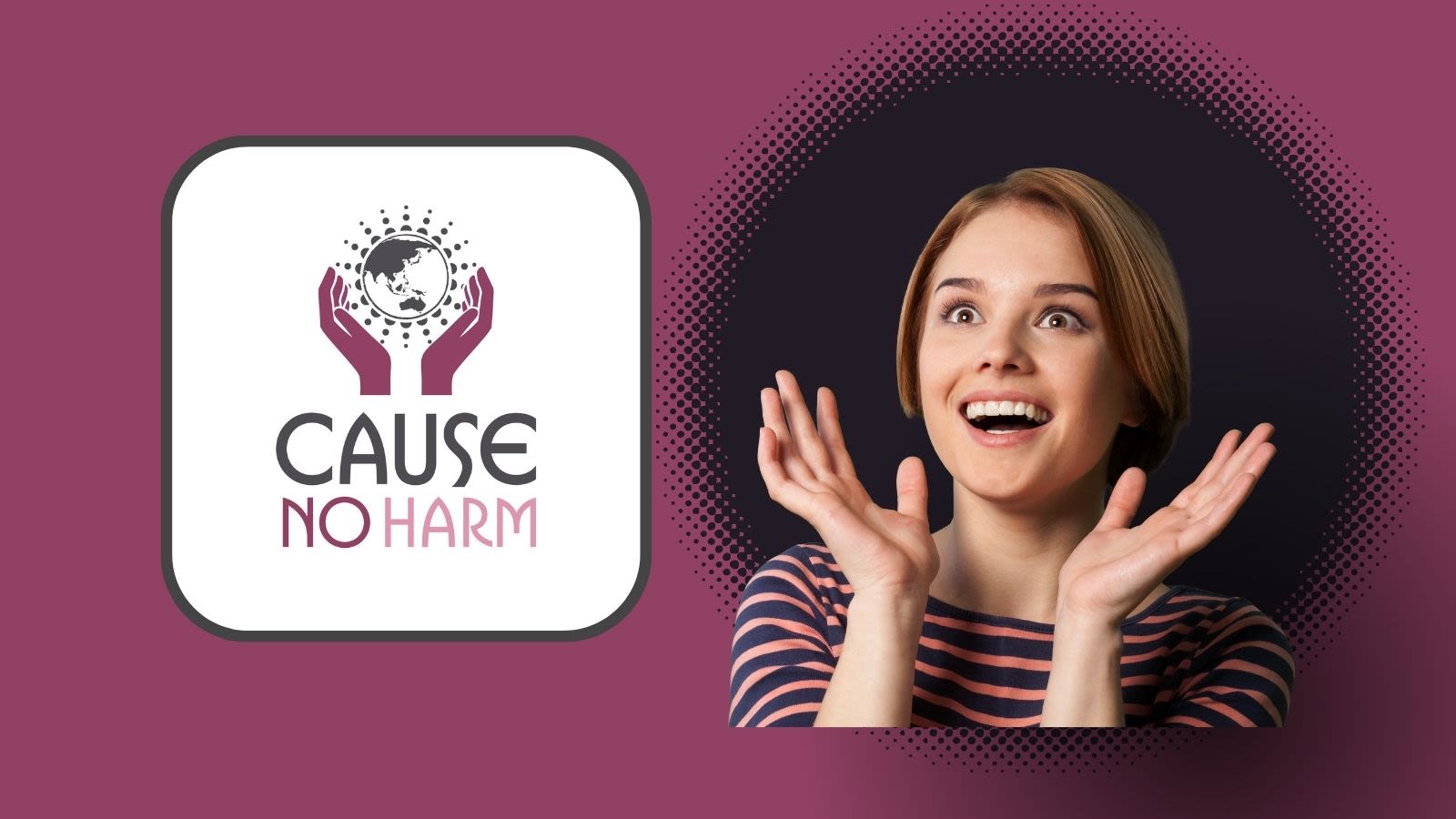
Chapter 4
Cause No Harm
to Others
Cause No Harm to Others
"Treat others as you would like to be treated."
Once we begin to transcend the ego, i.e. to rise above its destructive impulses and sense of separateness, bringing about the elimination of self-defacing behaviours, we need to become more responsible and apply the same principles to others.
With increased awareness comes the need for increased responsibility in what we think, say and do, through making more responsible choices that impact others in a positive way.
Otherwise we slip back into the old destructive, controlling mechanisms of the past, with the same old results.
The ego will put up a fierce resistance to this, as it feeds on its own egocentricity, i.e. it lives only for itself.
So the very idea or act of looking out for others in some people will be quite alien, for others it will come naturally.
Interestingly enough, once we move out of the mode of looking after only ourselves, a remarkable phenomenon occurs; we start to attract positive people and events into our lives.
Now of course we should not set out with a focus on causing no harm to others from the sole perspective of there is something in this for me, as that is reverting back to the self-serving egocentric behaviour.
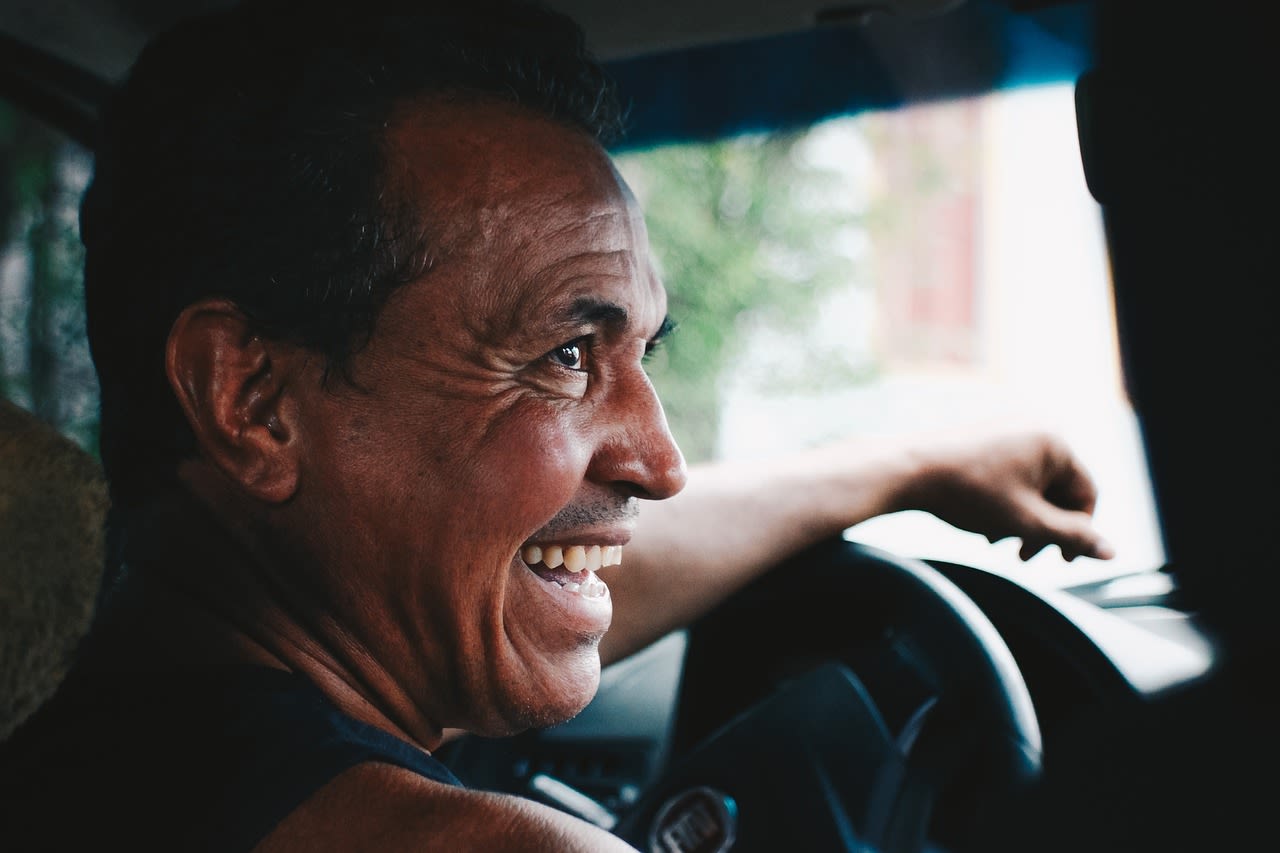


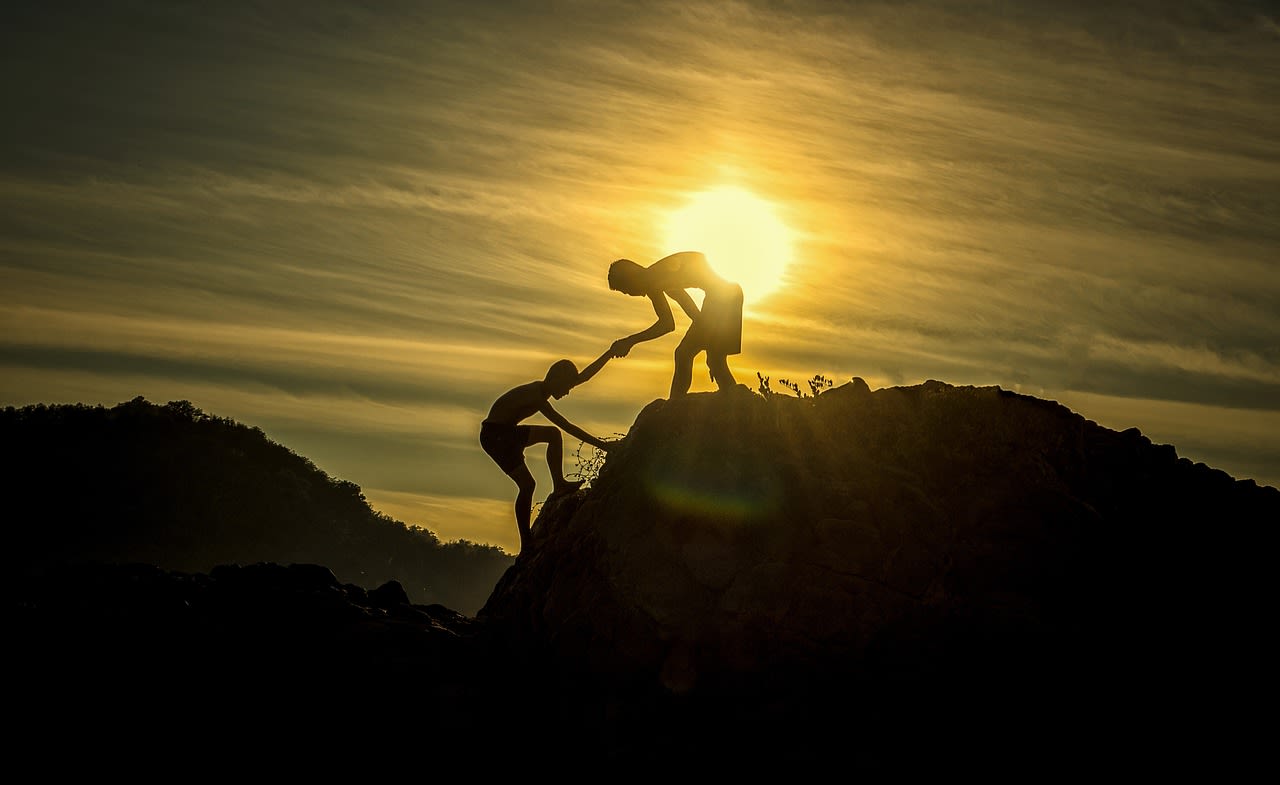


Instead, by becoming more responsible and recognising the benefits for all concerned, by helping others to live healthier, safer, more productive, conscious and happier lives, we automatically reap the rewards of our mature choices.



Without going too deeply into these aspects, it can be readily seen that by observing the mind and guiding our thoughts to a desirable end result, it can bring about a change of state, a more responsible position from which we can effect positive changes.
Our physical world is experienced through the five senses of the body, by touching, hearing, tasting, smelling and seeing, with the added sixth sense of intuition, which may overlay each of the five senses, singularly or collectively.
This results in our perception of the world around us.
When we are repeatedly exposed to a recurring perception, we form a perspective. This is how something appears to us from our point of view and we may have and share opinions about this.
A repetitive perspective will eventually turn into a belief, which is a primary and guiding force in our personal and collective behaviours.
Behaviours are a manifestation of our beliefs.
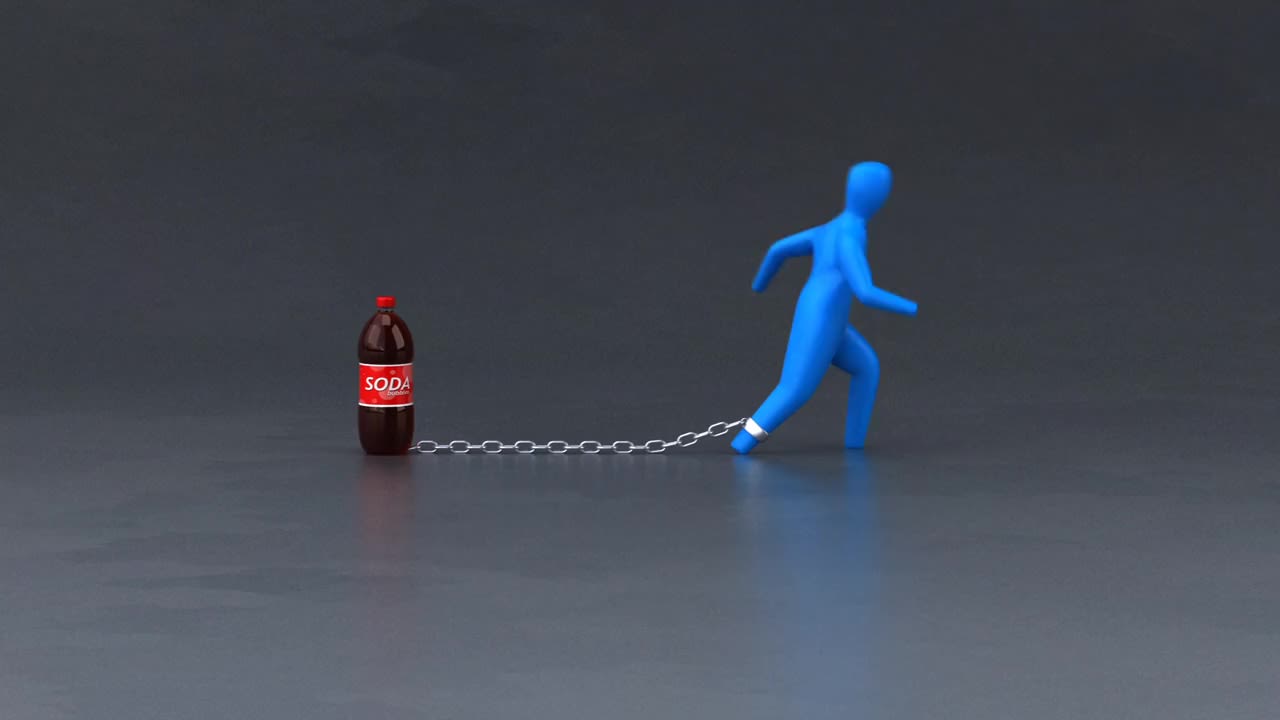



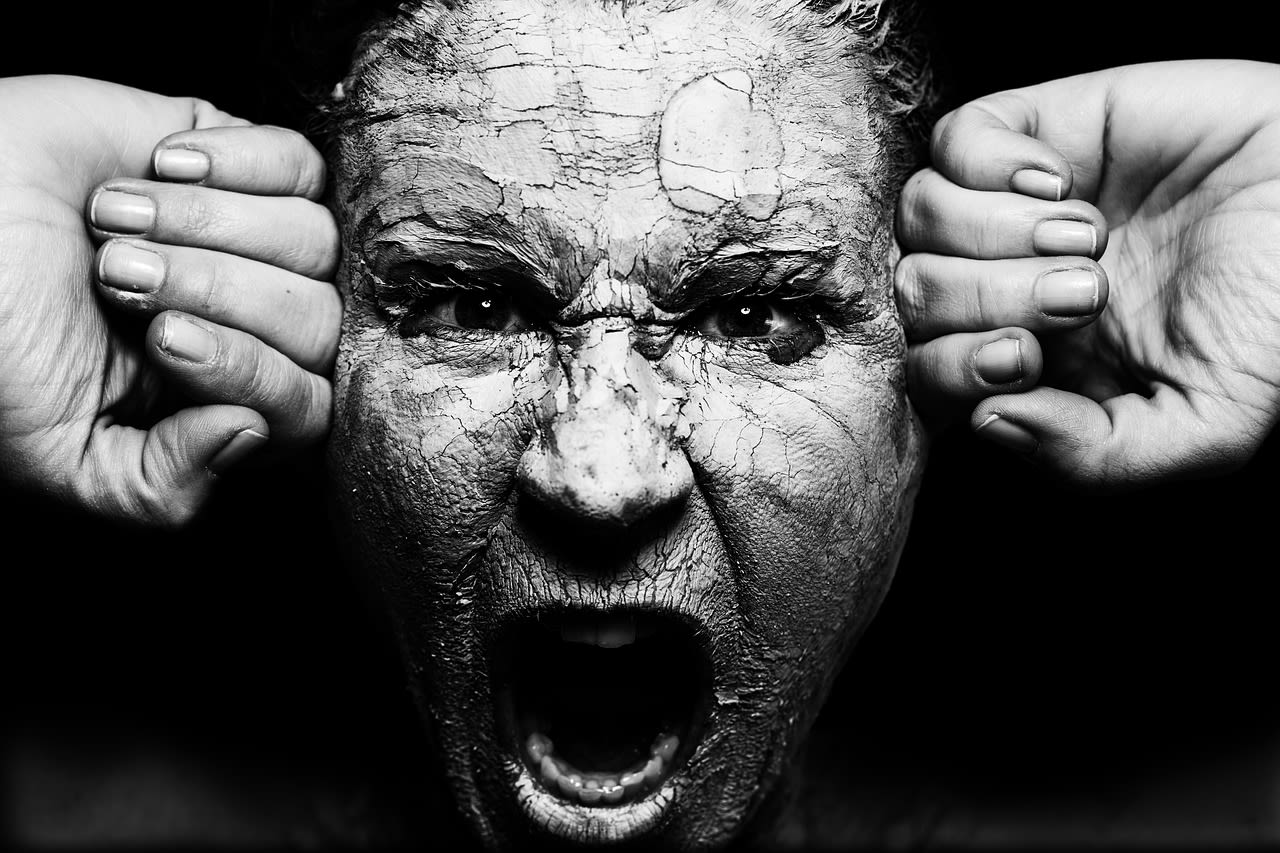


Look around you to validate this fact.
Switch on the news and witness stories of destructive human behaviour all over the world and you can trace the behaviour to a belief of some kind or another.
When groups of people share the same beliefs, their collective behaviours will reflect that belief.
What else is road rage?
When we listen to the egoic mind telling us we are separate, superior, fearful, judgmental, jealous, revengeful, greedy, cynical, and a whole gamut of false concepts it has attached to, and we hear this enough times, we will eventually believe it. Now armed with this belief, we can go out and create havoc all around us from the false idea that we are separate from each other.
We wouldn’t harm those we genuinely love, but we may have no qualms about causing harm to those we feel completely distant, divorced from or superior to.
What else is terrorism?
And so Cause No Harm to Others has as its basis, the idea that we are all part of the human family, all brothers and sisters, all sharing this extraordinary little blue planet together and that what we do to another, we do to ourselves.
It makes sense then that if we cause no harm to others, we ultimately cause no harm to ourselves. Then we have to ask ourselves:
“Why would I want to cause any harm?”
Just as we asked ourselves earlier regarding our personal decisions, again, we must consider all aspects of our actions, including what we think, say and do –
“Will this cause harm to another or others?”
“Will I damage this person’s reputation by spreading this malicious rumour?”
“If I build this scaffold incorrectly, will it result in someone getting hurt?”
“If we make financial decisions in the board room, could we cause harm to our employees?”
“If I don’t clean up my spilt coffee, could someone slip over and hurt themselves?”
“Will my actions cause harm to others?”
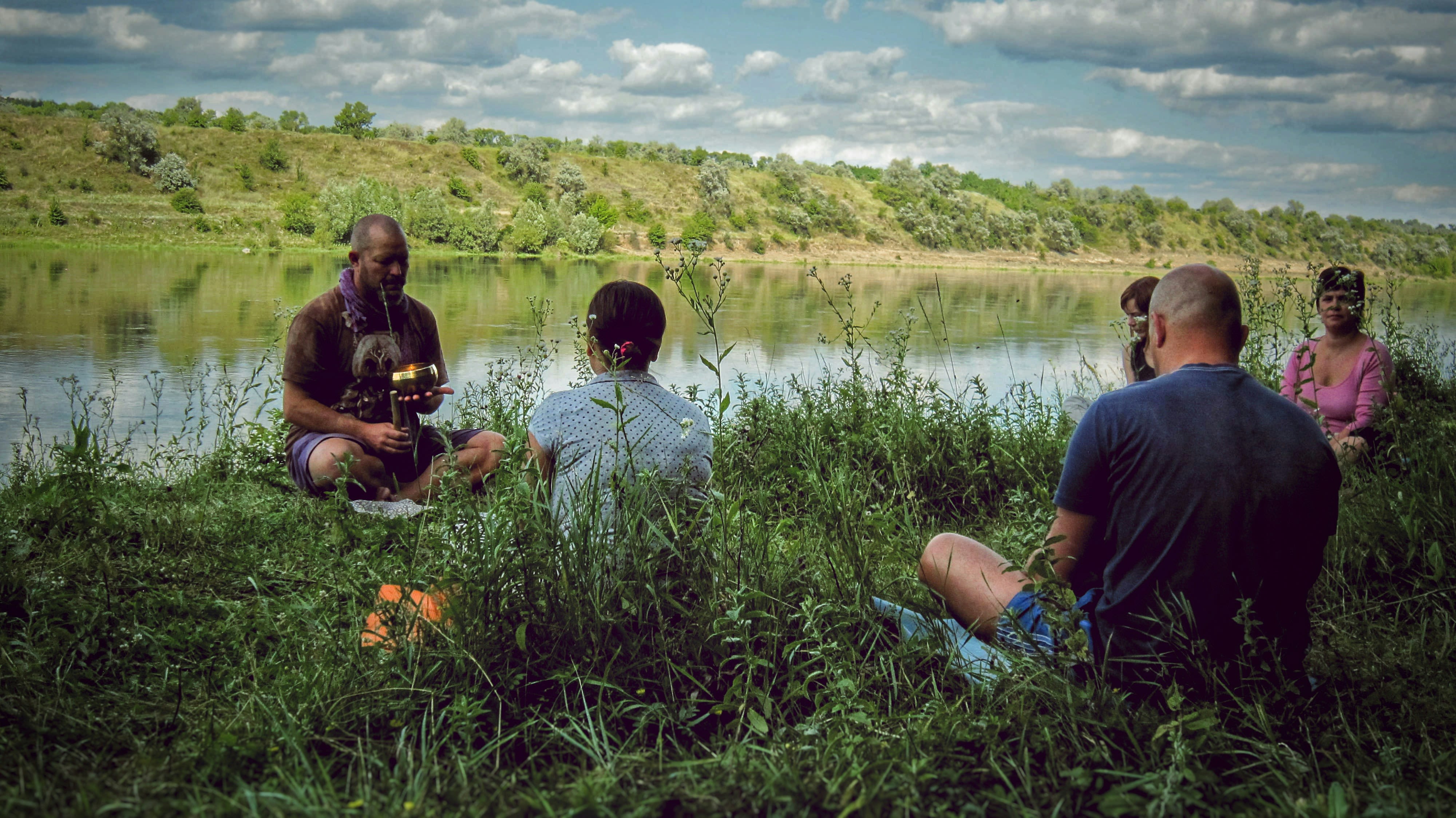


We are moving beyond just looking out for ourselves, to caring for and being considerate towards others.
What becomes observable in the family, workplace or community when this is applied is a cohesion and cooperation based on honesty and trust, dignity and respect.
The foundation of achievement is built on relationships.
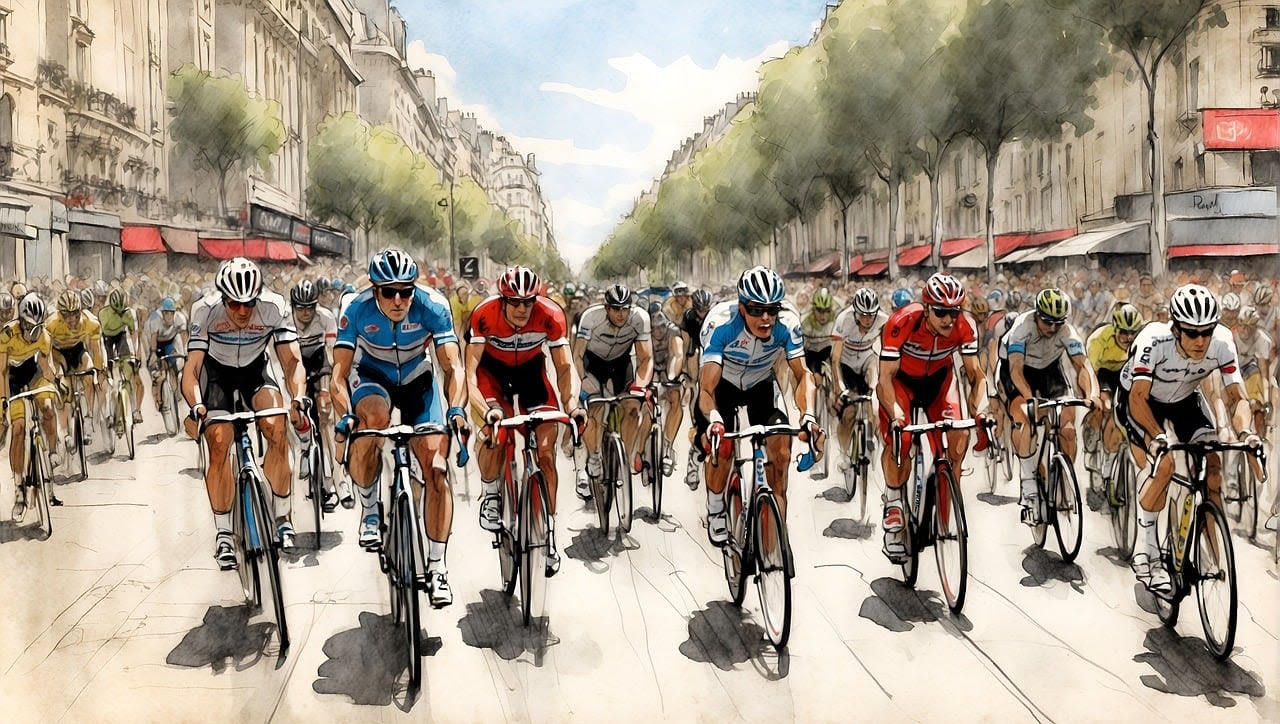
The stronger, more honest and open, the more understanding and caring a relationship is, the more that can be achieved.
Whether the relationship is with ourselves, our partner, our children, the community we live in, our work colleagues or humanity as a whole, the quality of the relationship will determine how much and what we can achieve.
By basing our relationship with others on the guiding principle of Cause No Harm to Others, then we create a strong bond and sense of trust and respect towards each other.
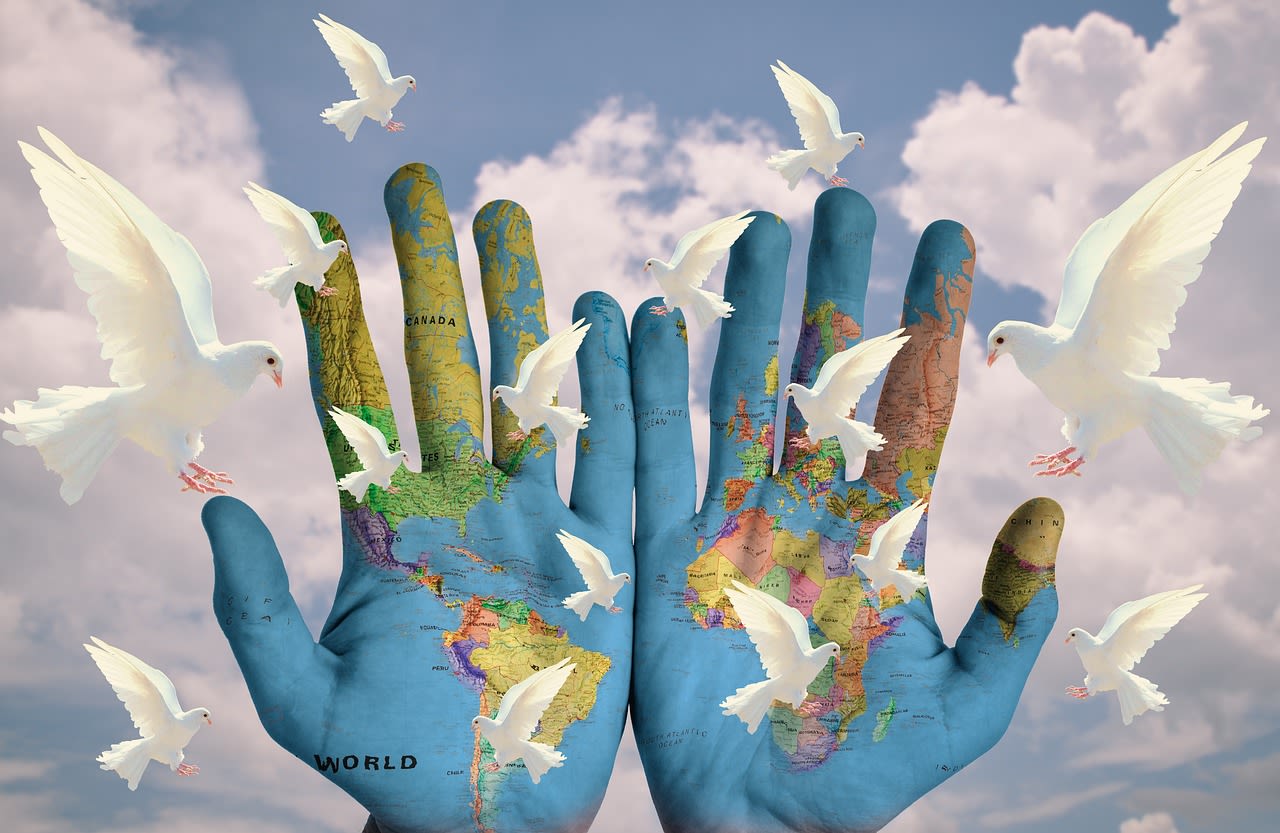


Click below to read
Chapter 5

